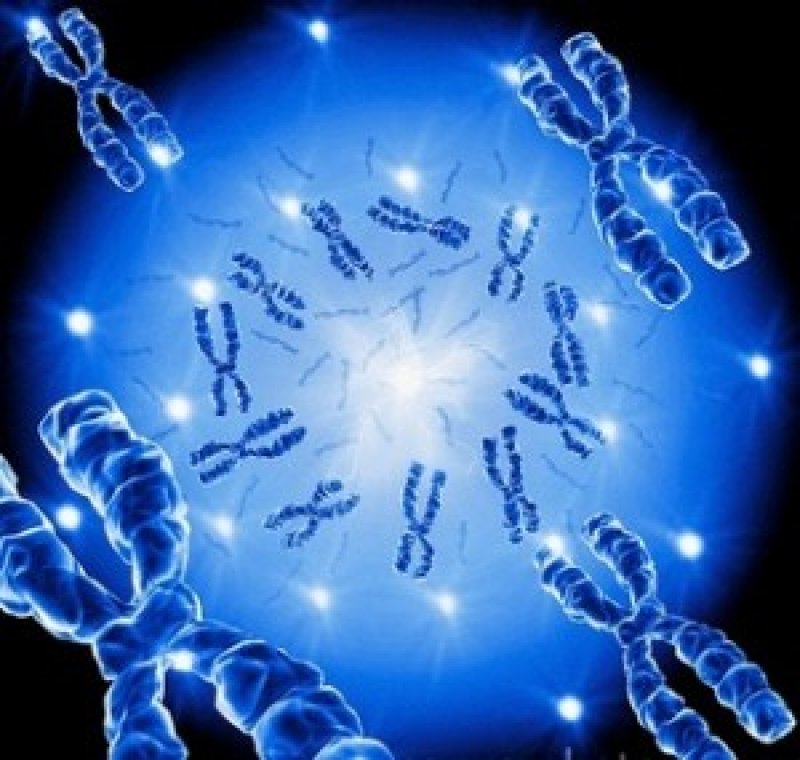The GLP aggregated and excerpted this blog/article to reflect the diversity of news, opinion and analysis.
Two years ago, Kevin Esvelt and his colleagues were the first to suggest that the gene-editing technology Crispr could create a gene drive of revolutionary proportions. Now, Esvelt tends to sound more like a science skeptic than a pioneer of genetic engineering.
“We are walking forwards blind,” Esvelt warned. “We are opening boxes without thinking about consequences. We are going to fall off the tightrope and lose the trust of public. Lots of people are going to die.”
Esvelt worries that there’s nothing in the scientific community’s current system of regulation that would prevent that from happening. Unless it’s research happening on humans, gene drive work contained within the lab is not subject to very much regulatory scrutiny. The current system, he warns, is outmoded and “too risky.”
Instead, the approach Esvelt is advocating for is to open the lab coat, so to speak. Esvelt would like to see scientists thinking not just about science, but about the ethics of science before putting the gene drive to use.
Read full, original post: This scientist is trying to stop a lab-created global disaster































